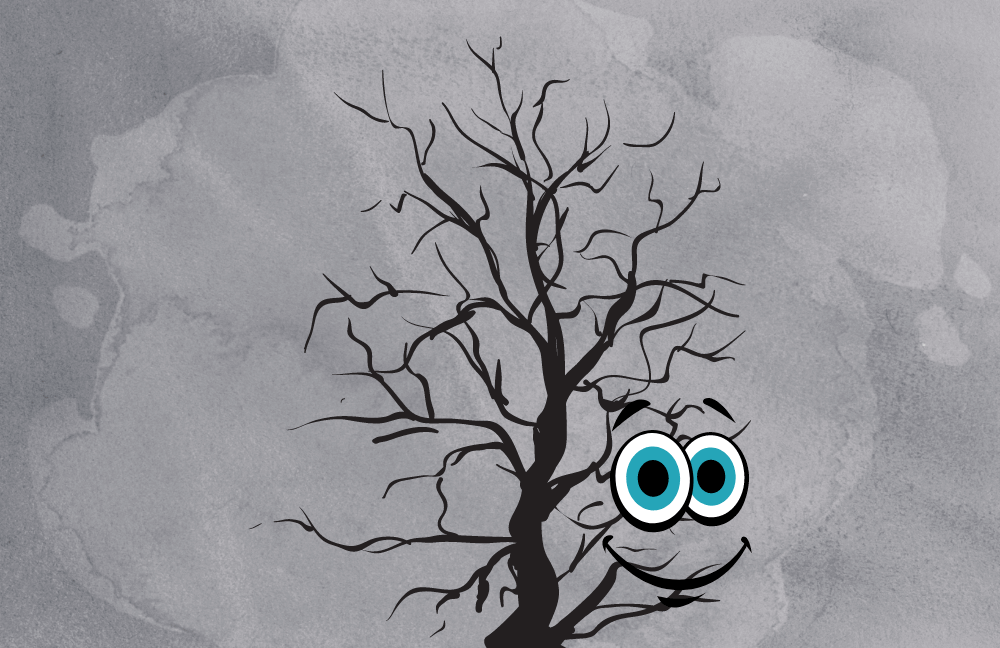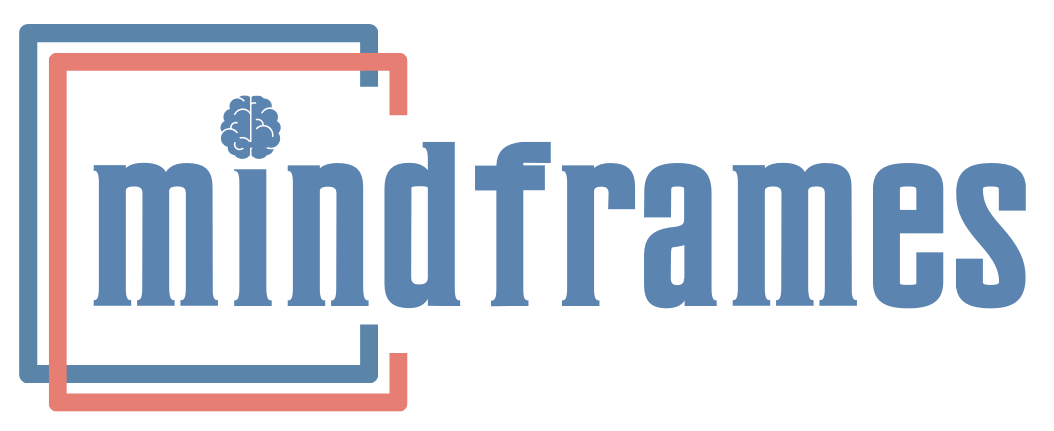Adult Psychological Disorders
What Are Psychological/ Psychiatric Disorders?
Psychological or psychiatric disorders are a diverse group of conditions that primarily disrupt thinking, emotion, and behavioral control. Besides the burden of disability, they impose on the sufferer, they are associated with stigma too. The inaccurate belief that symptoms of psychiatric problems reflect a lack of will power or are caused by moral weakness, all contribute to discrimination.
If you internalize these beliefs posed by society, you might perceive self-stigma too. And hold back from seeking help that could lead you to happiness. The 4 major psychiatric or psychological problems include schizophrenia, bipolar disorder, depression and anxiety disorders. These disorders can be treated by a psychiatrist, psychologist, psychotherapist or counselor. As a psychiatrist with neurological know-how and in depth therapy knowledge Dr Shefali Batra offers a biological and psychotherapeutic approach combination.
DSM-5 Psychiatric Disorders
What Causes Psychiatric Problems?
There is no single reason that can be pinpointed to explain why one develops a psychiatric illness, but evidence and research over the years explain a combination of genetic, biological, psychological and environmental contributors. High risk dynamics include a history of an emotional disorder in the family, significant traumatic life events, acute or long-standing physical illness, or some specific medicines that interfere with the brain chemical activity.
Also, your coping style, psychological defenses you use, the support system you build around you, and the way you react to life events, all affect the way these are perceived by your brain and subsequently appraised as positive, negative or worrisome memories of your life. More the negative appraisal, greater the possibility of developing a disorder.
It’s OK to not be OK
It is alright to feel a little sad, somewhat anxious, a bit worried and occasionally paranoid or irritated too. You must also recognize that it’s normal to have waves of fleeting emotions. But these must not interfere with your everyday life. When it’s getting out of hand, it’s time to take action against negative thoughts, harmful emotions and undesirable behaviors so that you can live life more wholesomely, and be at peace with yourself. You’ve got to acknowledge what you’re feeling. And then take the lofty step to question why, so that you can do something to change it. And yet, as modest as it appears, this is hard to do.
Take sadness or depression for example. It can be a tough emotion to feel, accept and then confess, because you’ve learned that it is bad to be sad. Culturally, we seek happiness and reject sadness. Sadness is failure, it’s scary, and it’s destructive. And if we succumb to it, we believe it will never go away. We don’t want to be victim to a demeaning psychological problem like depression. So, we hide it and run from it. But it always catches up. You’ve got to stand up and find a way to make it better. It’s OK to not feel OK. Because only when you realize you’re not OK, you’ll take steps to get OK.
Psychological/ Psychiatric Illnesses Are Lethal
Seven of the top 20 most disabling medical conditions in the world are actually illnesses that are treated by psychiatrists. Depression is number two on this list and anxiety is more prevalent than we imagine. In general, patients diagnosed with one of the many long standing psychiatric conditions, die on average, 25 years earlier than the rest of the population. And top three causes of death in young adults are frequently complications of psychiatric disorders including suicide, homicide, and accidents. The disability caused by mental illness in the form of decreased productivity, impaired relationships, and lack of fulfillment matches the infirmity of cardiac illness in many ways.
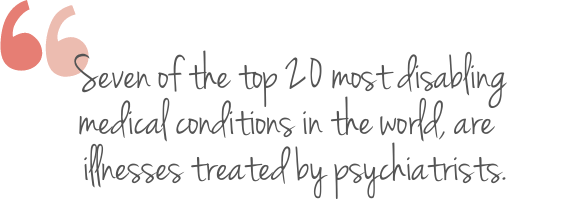
How are Psychological/ Psychiatric Disorders Treated?
Psychiatric and psychological disorders are best treated with a holistic combination approach. Seeing the appropriate professional (psychiatrist as well as clinical psychologist) helps clinch the diagnosis. The first and most important step is making the right diagnosis by ruling out any contributing physical factors that may have a different line of management. For example, a high thyroid hormone state, neurological conditions, or other medical illnesses leading to emotional turmoil. If correctly diagnosed and treated, people with psychological disorders can live healthy, steady, productive, and fulfilling lives.
Psychotherapy (or talk therapy) focuses on changing negative views of yourself, others, and the world at large. Therapy techniques include CBT (Cognitive Behavioral Therapy), REBT (Rational Emotive Behavior Therapy), ACT (Acceptance and Commitment Therapy), Humanistic techniques like EFT (Emotion focused Therapy), and mindfulness, to name a few. All of these work on dysfunctional thoughts, emotions and behaviors that contribute to negative or irritable mood states. Mindfulness is a new age modality that combines principles of cognitive awareness, emotional modulation and also shares some Buddhism tenets to assist in healing from any and all pain including emotional trauma.
Prevention Is the Best Cure
Care has shifted from therapeutic to the preventive gear today. This emphasizes building your psychological defenses, optimizing coping mechanisms and establishing greater resilience to stress. Appraising the stressor constructively, prevents the buildup of mental pressure. Wellness is not about taking few antidepressant or anti-anxiety pills every day or visiting a therapy center every week. It involves adaptation and assimilation of the stressors into everyday life, embracing the chaos and maintaining the calm so that troubles never seem to get out of hand.
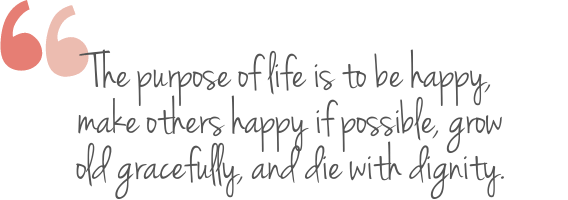
Seek Help Now
Psychiatry and psychology are a community practice, not restricted anymore to asylums, mental institutions or psychiatric hospitals. Health according to the World Health Organization (WHO) encompasses holistic well-being – physical, psychological, social, emotional, familial, and environmental as well as spiritual.
Countless interpersonal and social factors mingle with genetic, bio-chemical and structural changes in the brain to give rise to mental disorders. Far-reaching advancement in causation, presentation and diagnosis has made treatment of such problems more customized and reliable. And yet scientific research and exploration consistently challenge conventional wisdom. So, we evolve with the latest trends to offer you the best evidence-based guidance.
MindFrames: Wellness 2021 by Dr Shefali Batra
Everybody deserves a positive, meaningful and stress-free life. We believe in using systematic and evidence based investigative methods. At MindFrames, we understand ‘patients’ better as ‘clients’, who are active participants accountable for their cognitive, emotional and behavioral wellness. Hence the combined therapist-client or doctor-patient effort to help you achieve your maximal potential at your free will.
We suggest medication, psychotherapy, and mindfulness (or combination) approaches based on need, and allow patients and clients to make informed choices on how they wish to overcome their psychological problems. Therapy is preventative; it stops psychological problems from arising in the first place by enhancing coping. It is for everyone because nobody is free from stress, uncertainty and insecurity. As a psychiatrist and psychotherapist practicing detailed therapies, Dr Shefali guides you through cognitive, mindfulness and neurobehavioral milestones to help you think, feel and behave more purposefully. How you feel matters. You should do something about it.
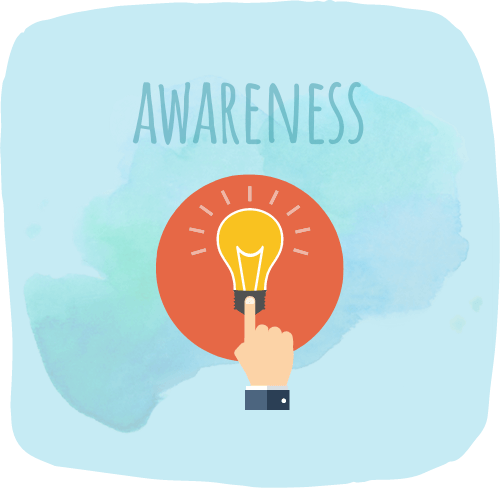

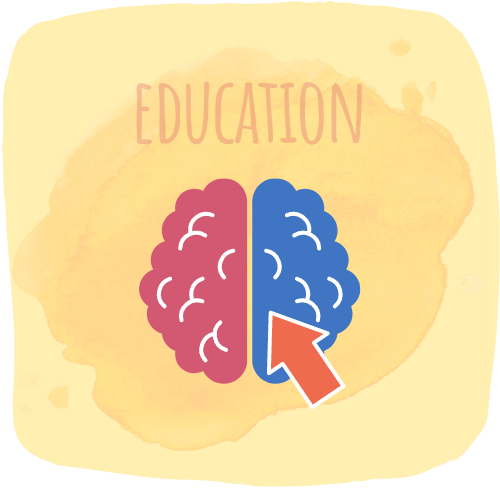
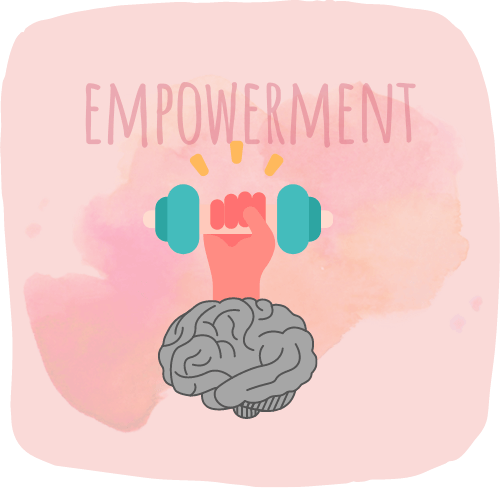
References
- Hyman, S., Parikh, R., Collins, P. Y., et al, (2016). Adult Mental Disorders. In: Patel V, Chisholm D, Dua T, et al., editors. Mental, Neurological, and Substance Use Disorders: Disease Control Priorities, Third Edition (Volume 4). Washington (DC): The International Bank for Reconstruction and Development / The World Bank; 2016 Mar 14. Chapter 4.
- Krystal, J. H., & State, M. W. (2014). Psychiatric disorders: diagnosis to therapy. Cell, 157(1), 201–214.
- National Collaborating Centre for Mental Health, UK, (2011). Common Mental Health Disorders: Identification and Pathways to Care. Leicester (UK): British Psychological Society. (NICE Clinical Guidelines, No. 123.).
Latest Posts

7 Reasons Why You Should Seek Therapy
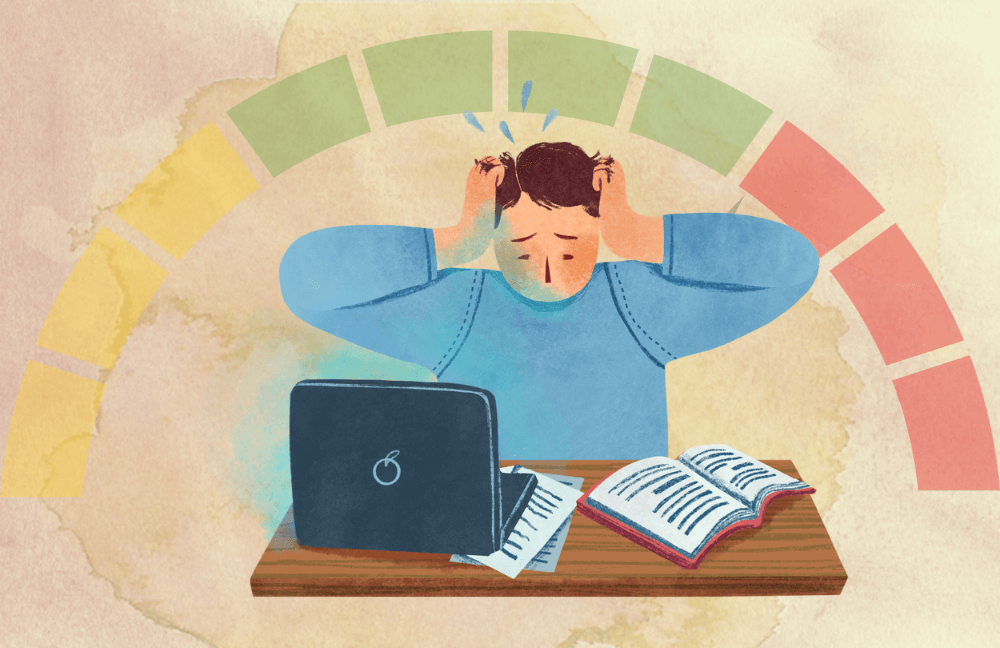
7 Questions About Workplace Stress Answered
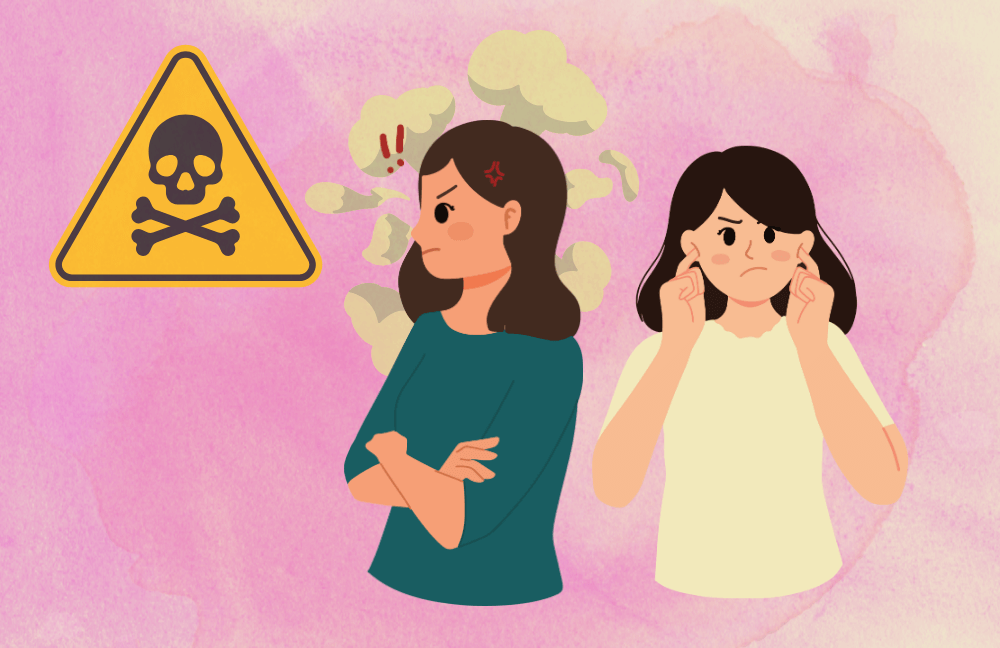
5 Ways To Deal With A Toxic Coworker
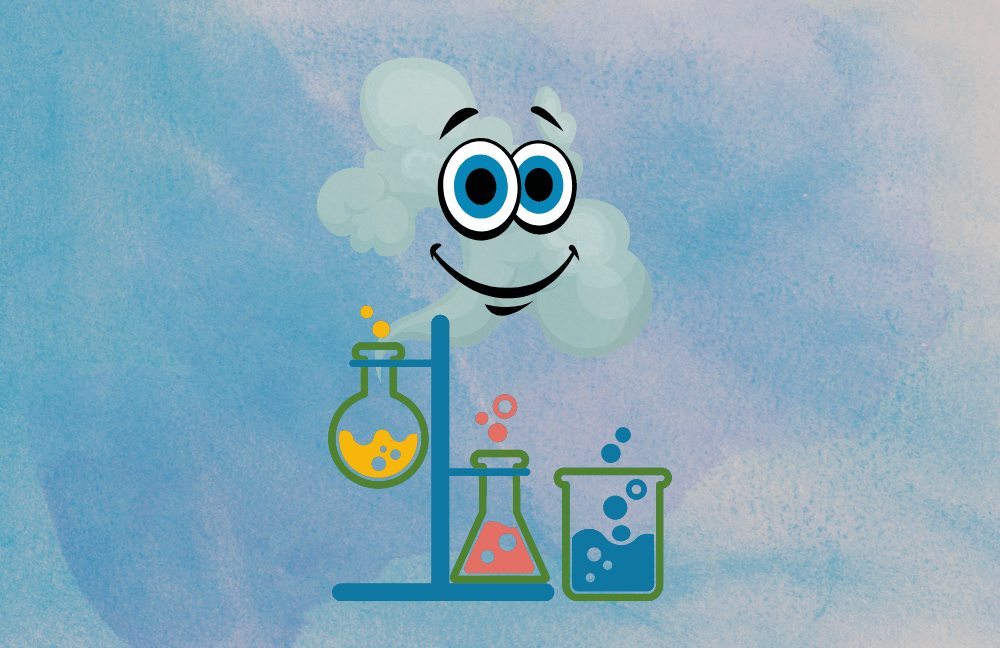
Science of Happiness: 1000s Of Years Of Research
